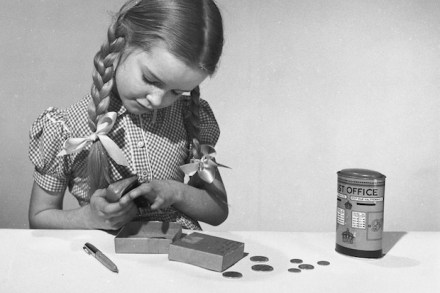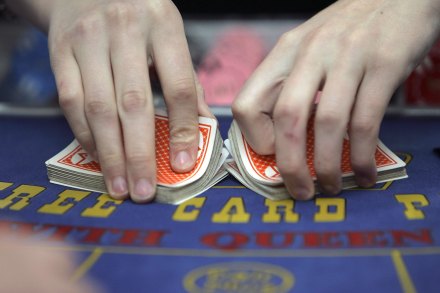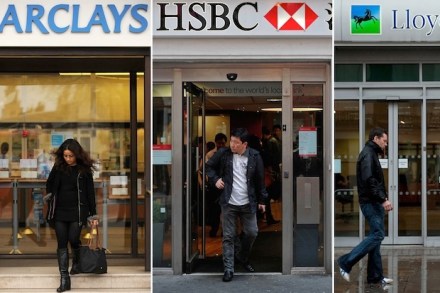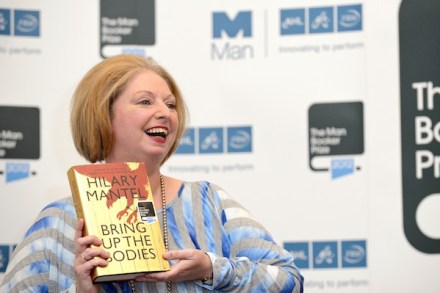How to minimise the impact of inheritance tax
It’s known colloquially as the death tax, and for good reason. Inheritance tax – the bane of modern life – dates back to 1894 when the Government introduced estate duty (a tax on the capital value of land) in a bid to raise money to pay off a multi-million pound deficit. Its 21st century incarnation includes a tax on property, money and other assets of someone who has passed away. The thing about inheritance tax (IHT) is this: no one really understands it, and the complexity is not helped by the Government’s constant tinkering around the edges. Put simply, everyone has a tax-free allowance, known as the ‘nil rate band’. The tax-free threshold




















